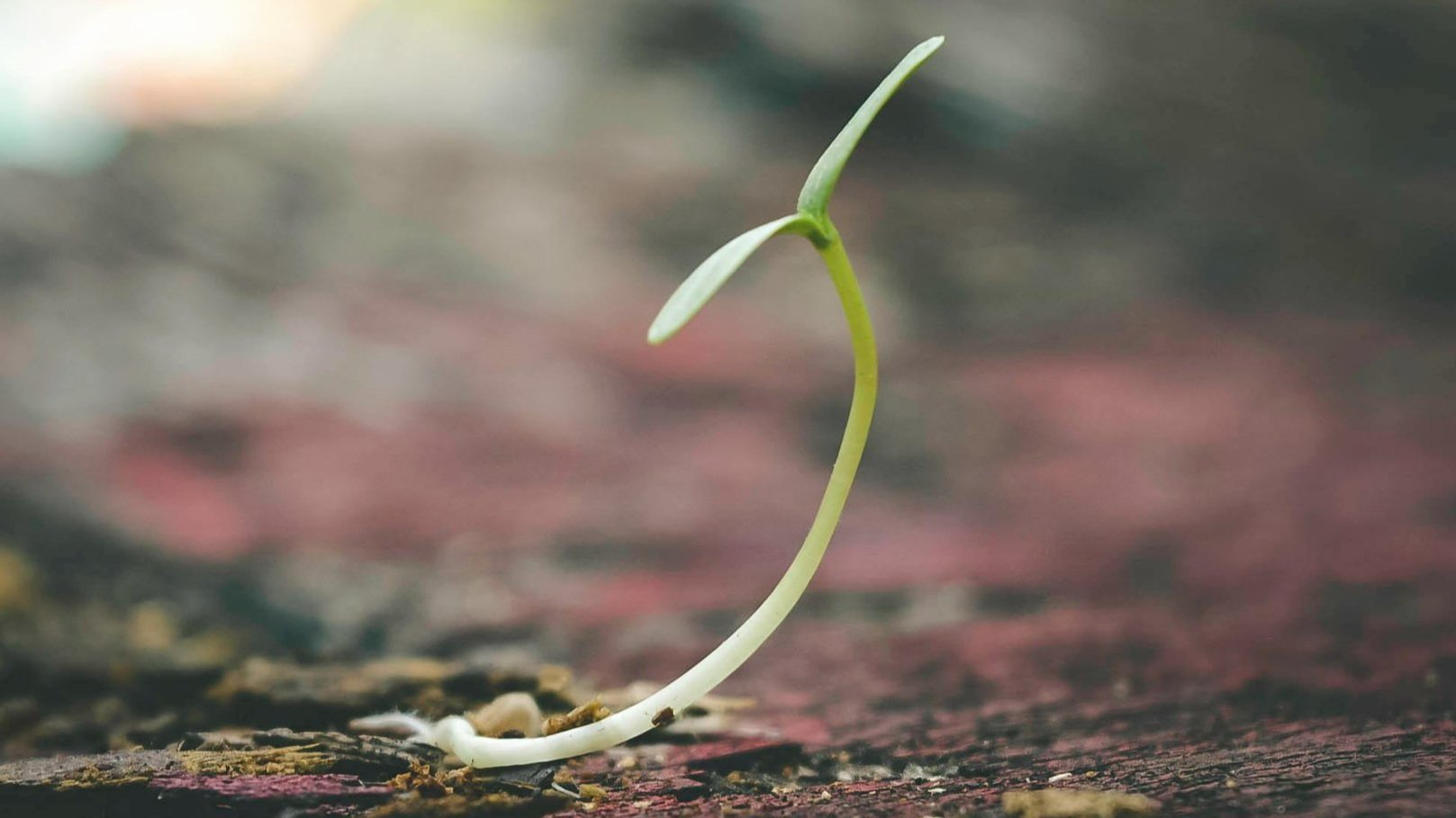What happens to a man after divorce
With almost a decade of clinical experience counselling men through divorce, I’ve picked up a few things. One of the more fascinating things is how profound the transformation after a dissolved marriage can be.
The path of divorce is rarely a straight line. It’s a labyrinthine process of loss, discovery, pain, and ultimately, profound personal growth. Men go in being one thing and stretch out being another.
Here’s my comprehensive list of what to expect (i.e. the triggers of this transformation) in the first year after divorce.
A. Loss
Loss means more than the absence of a partner. It’s the disintegration of a shared narrative, dreams, and an imagined future.
Men often experience this as a psychological amputation. They feel wounded and disoriented at the same time.
They truly and genuinely know loss.
B. Hell
Divorce can feel like navigating through an emotional inferno. The pain is visceral, and consuming. Daily functioning can feel impossible.
One client has described it as ‘being trapped in a psychological winter where every emotional nerve is exposed and raw.’
C. Transition
Think of this period as a chrysalis stage.
You’re neither who you were nor who you’ll become—suspended in a transformative state. This liminal space is uncomfortable but ultimately necessary for reinvention.
D. Recreating Identity
You’ll dismantle old frameworks, explore hidden rooms of potential, and slowly design a new you. Unlearning can be a humbling process but still very worth it.
This process demands patience, courage, and radical self-compassion.
E. Raw Emotion
Emotions during divorce feel like unpredictable weather patterns—sudden thunderstorms of grief, unexpected sunbursts of relief, lingering clouds of uncertainty.
Pro Tip: If you’re a man going through the early aftermath of a divorce, I recommend feeling these emotions. Experience them head-on and avoid deflecting with distractions like substance abuse and sex.
F. Transference/Projection
Unresolved emotions from your marriage might unconsciously bleed into new interactions. Past pain can color current perceptions and distort one’s view of new relationships and experiences, no matter how distinct.
G. Unanswered Questions
Divorce often leaves a landscape of ambiguity and that gives room for unanswered questions to become psychological quicksand.
It’s important, during this time, to learn to sit with uncertainty and to understand that not every narrative requires complete resolution.
H. No Closure
Many men will pursue closure only to inevitably find that it’s a myth. Instead of seeking a neat emotional conclusion, focus on acceptance. Some stories don’t have Hollywood endings—and that’s perfectly acceptable.
I. Financial Reeling
Most divorces trigger financial restructuring. Expect economic recalibration, potential lifestyle changes, and the emotional weight of financial negotiations.
Seek professional financial counseling if you can. Good, logical advice is exactly what you need.
J. Custody
Parental dynamics can transform dramatically. All at once, you become a full-time parent with a part-time presence.
Navigating this requires emotional agility, consistent communication, and unwavering commitment to your children’s emotional well-being.
K. Visitation
Closely tied to custody troubles, you’ll need to adjust to scheduled visits. The whole thing can feel like holding water as moments of intimacy inevitably slip through your fingers.
Don’t spend too long sweating over how short the time is. Instead, treat each interaction as precious. Be intentional. Be emotionally present. And, express love boundlessly.
L. Separation
You’ve been part of a “we” for years. Making the switch to “I” is not going to be easy. Like a lone wolf now pulled apart from its pack, you may feel loneliness on a very deep level. You might even reach for your phone and find yourself unconsciously dialing your ex.
It happens to the best of us. Our brains form deep neural pathways during relationship that can take a while to dissolve.
Separation doesn’t just mean losing one’s partner, it means losing a version of one’s self.
M. Longing and Yearning
There are so many dimensions of longing and yearning that play out after a divorce. You may, for example, be triggered by a song you both loved or a perfume you both shared.
Every memory is a delicate thread and the slightest pull can usher in a mountain of emotions. You may even respond physiologically (e.g., feeling actual pain in your chest).
What to do at times like this is to avoid suppressing these emotions. Longing and yearning should be viewed as proof of your capacity to love and a big part of the healing process.
N. Mourning
You’re grieving a relationship, an identity, a future, and a version of yourself that no longer exists.
Surviving the First Year of Divorce
Embrace Vulnerability
Your strength lies in acknowledging pain, not suppressing it.
Seek Support
Professional counseling, support groups, trusted friends are your lifelines. What good is a lifeline if you don’t use it?
Practice Self-Compassion
Treat yourself with the kindness you’d offer a dear friend. Every time you’re overwhelmed with feelings of guilt and shame, remind yourself that your mistakes and regrets do not define you.
Trauma therapist near me
All those things (or only a handful of them) can show up in the first year after a divorce. It is but the best (and maybe even the fastest) way to heal is to face these emotions/events head-on. There will be times you want nothing more than to return to how things were but it’ll probably be too late. Your old life may not have been perfect but this new journey is not about returning to who you were, but becoming someone stronger, more authentic, and emotionally resilient.




